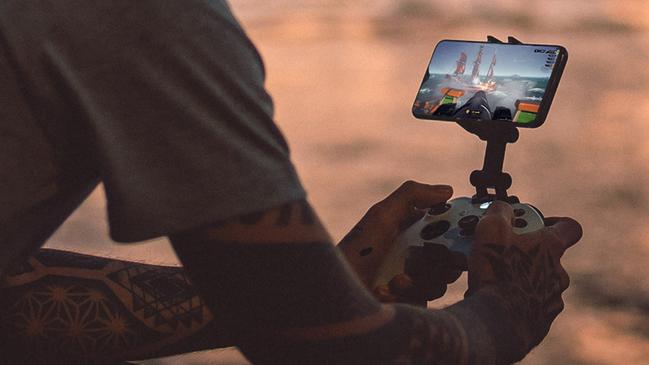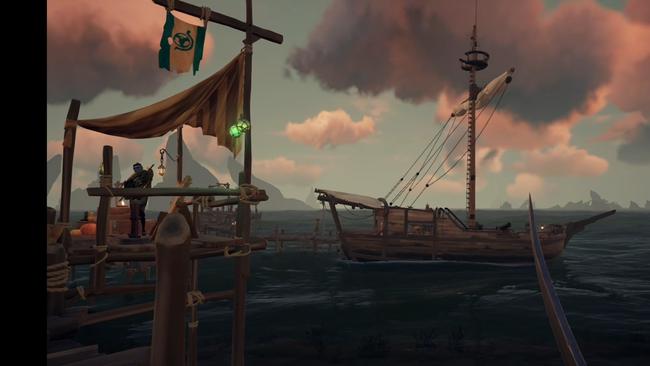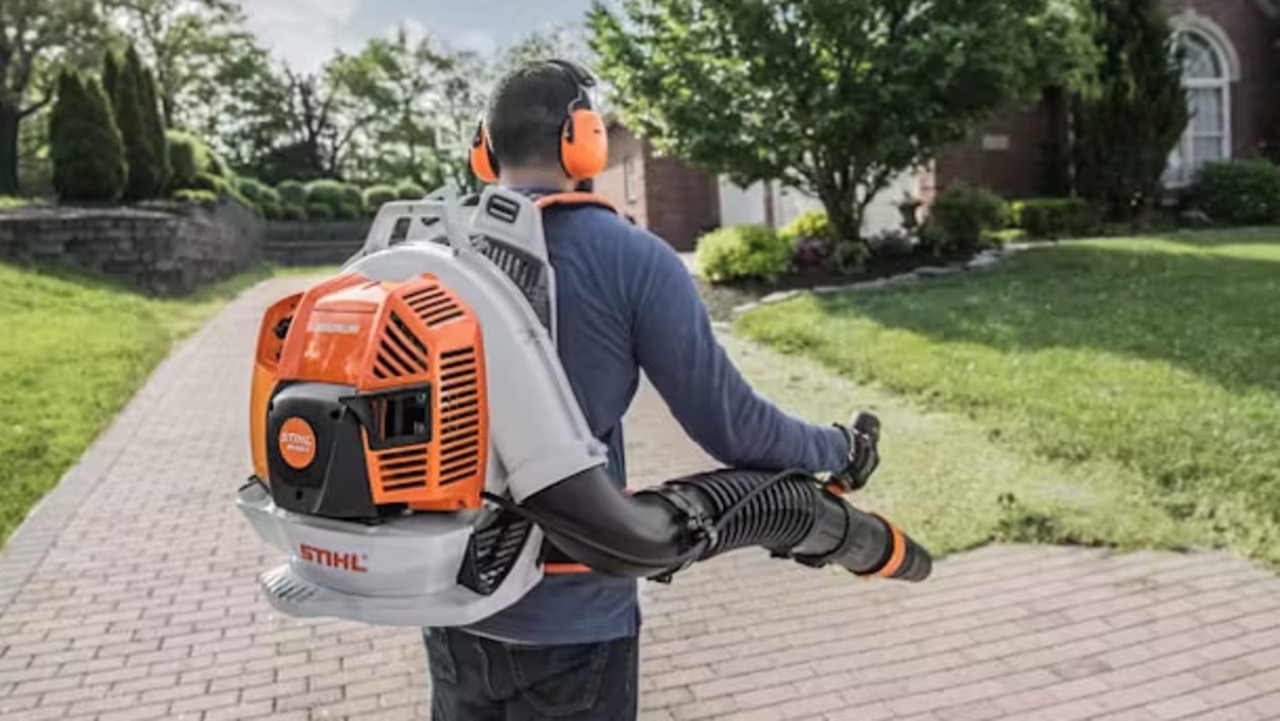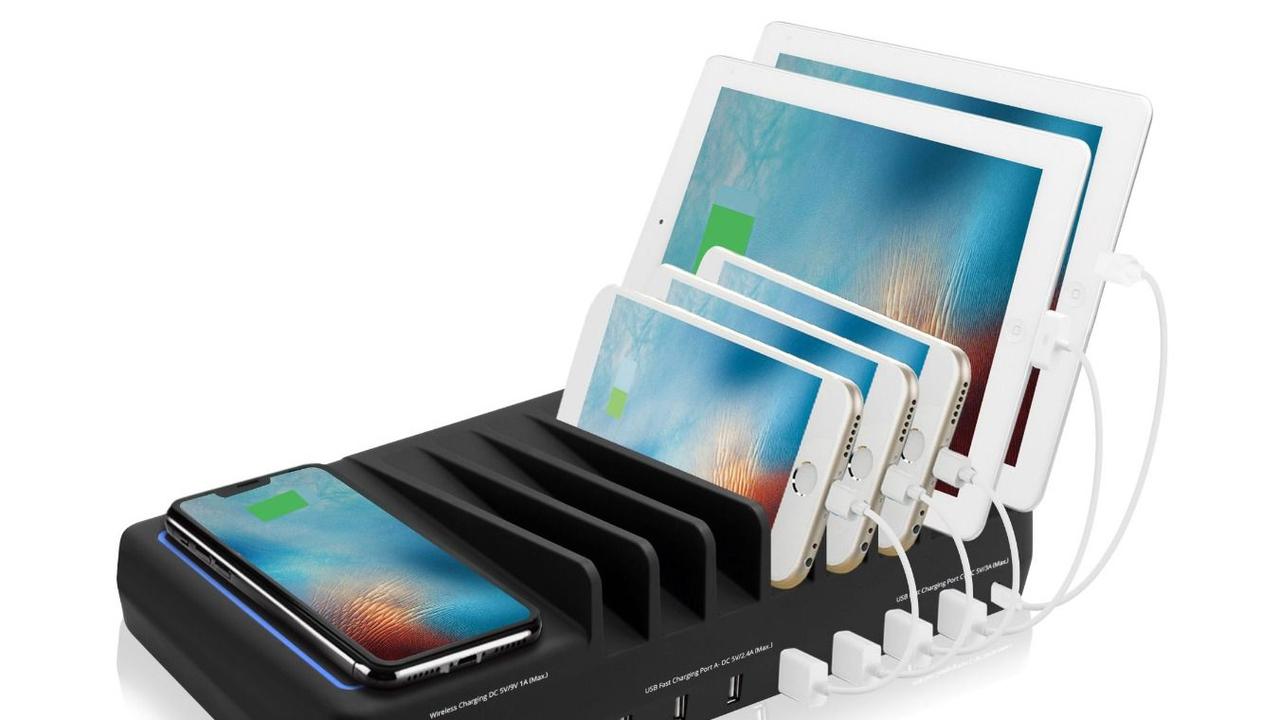Cloud gaming comes of age with Microsoft’s Project xCloud game streaming service in preview stage
Cloud gaming is off to a promising start in Australia.

Cloud gaming is a term bandied about in gaming tech circles a lot recently, and it is finally set to make its way to Australia for consumer use.
In a nutshell, cloud gaming involves powerful servers running a game and then streaming it to the end user’s device – be it a smartphone, tablet, or similar. All the game processing and rendering is handled by remote data centres and servers, meaning the only thing the end user needs is an internet-connected device and a controller.
The idea isn’t new, but this year has been the first year it’s really been tested (for obvious reasons) – I’ve had hands-on sessions with a number of Ubisoft games this year via the games streaming program Parsec, for example – and now it is getting a significant boost from one of the tech industry’s giants.
Not content with unleashing two next-generation consoles onto the market, Microsoft have followed up with an announcement their Project xCloud game streaming service is now in preview stage in Australia, Brazil, Japan and Mexico, albeit for Android devices only.
The previews, which launched on November 18, are invitation-only and allow users to test 36 different games from Game Pass for free via the xCloud service, including Minecraft Dungeons, Sea of Thieves, Cricket 19, Forza Horizon 4, Gears 5 and Sid Meier’s Civilisation VI.
As the official announcement from Microsoft notes: “2020 has brought challenges to all of us, but we hope that cloud gaming simply opens up new ways for you to play when and how you choose. Enjoy Master Chief anywhere and everywhere when you play on your phone, get some laps in on Forza while someone else occupies the TV, or to try out a new-to-you Xbox game. Cloud gaming makes it possible to play those top titles on your Android phone or tablet.”
Australia’s internet is notoriously average, particularly compared to other first-world countries, but Project xCloud corporate vice president Kareem Choudhry said the project’s engineers were acutely aware of this and had been working to keep the service in the same internet use envelope as streaming TV services such as Netflix or Stan.

“In raw numbers, we are operating at less than 10mb/s download, and average less than 5mb/s,” he said.
In English, this means if someone can watch streaming TV via the internet, they should be able to use Project xCloud, subject to the usual disclaimers about internet connectivity in their location and so forth.
The preview period is being used by Microsoft to test how the service performs in Australia, to gather data and generally ensure it’s at an optimum standard for Australian users, before a full rollout and integration with Xbox Game Pass Ultimate planned in 2021.
Microsoft has confirmed the xCloud service in Australia will be telco and ISP agnostic, meaning users can access it regardless of which phone company, mobile carrier or internet service they are using – although data use/charges will be the end user’s responsibility.
The implications of the service are huge. We already live in a society where people expect to have music, movies and information at their fingertips whenever they want, no matter where they are, and we’re now coming into an era where that instant-access will also include the sort of video games previously found only on PC or console.
I’ve obtained one of the preview invitations and have been testing the service in real-world scenarios: waiting rooms, at the local park, letting the kids use it in the car, at home via Wi-Fi. I can confirm it works pretty well, as long as you have a strong mobile phone signal. One location did not, and the experience was a bit choppy and laggy, but with strong internet it was as smooth as playing on a console or PC.
It appears to eat data at the rate my cat eats tins of cat food, chewing through 1GB in just under an hour, according to my phone’s monitoring.
This is not an issue using my home Wi-Fi, but it is a real concern when operating off mobile data; a trip from Brisbane to the Gold Coast and back could easily eat through 2GB of data – most of my monthly allowance.
The games are controlled via a Bluetooth connected controller. The one that comes with an Xbox One or Series X/S works perfectly, and the game experience is the same as gaming on a console, albeit on a smaller screen.
It’s an extremely promising start and one I’m very keen to see develop further before launching properly next year. In the meantime, interested gamers can register with Microsoft to potentially receive a Project xCloud preview invitation and, if selected, try it for themselves.



To join the conversation, please log in. Don't have an account? Register
Join the conversation, you are commenting as Logout